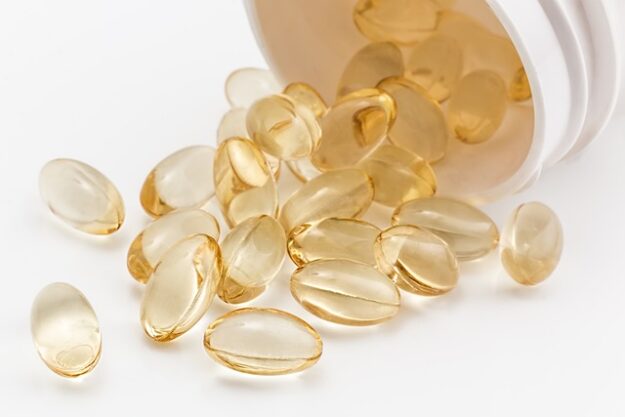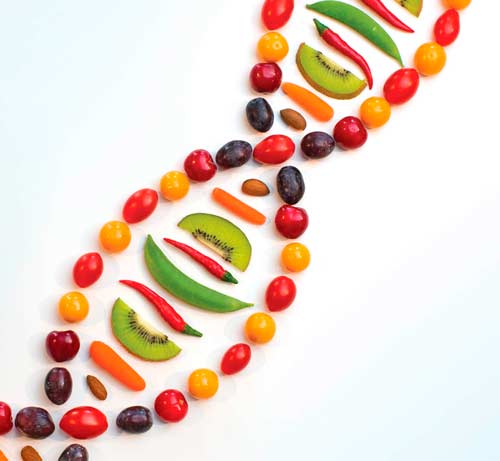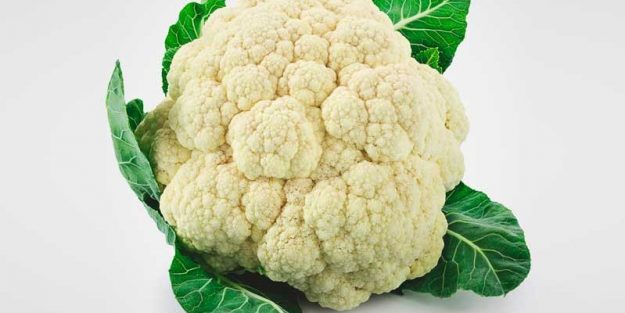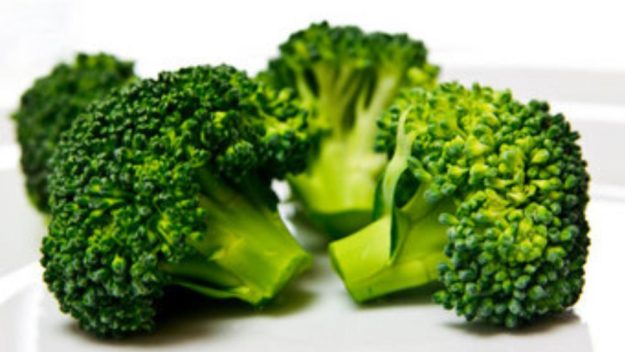The Role of Gut Microbiome in Sleep Quality and Health: Dietary Strategies for Microbiota Support
Abstract Dietary components, including dietary fiber, unsaturated fatty acids, and polyphenols, along with meal timing and spacing, significantly affect the microbiota’s capacity to produce various metabolites essential for quality sleep and overall health. This review explores the role of gut microbiota in regulating sleep through various metabolites such as short-chain fatty acids, tryptophan, serotonin,…













